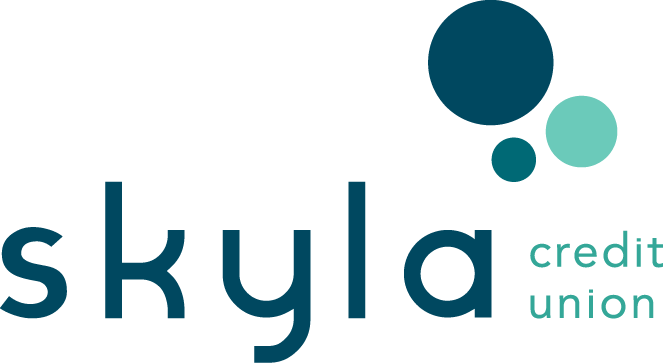Do I Need Overdraft Protection for My Checking Account?

When it comes to overdraft protection for your checking account, the answer is: it depends.
 Every person's financial situation is different, so what might be a good idea for one person might not be the best option for someone else. I will say, overdraft protection is something that can really come in handy if you ever do find yourself in a bind.
Every person's financial situation is different, so what might be a good idea for one person might not be the best option for someone else. I will say, overdraft protection is something that can really come in handy if you ever do find yourself in a bind.
In this blog post, we will discuss the pros and cons of overdraft protection, tips to help you stay out of the red and more to help you decide if it is right for you.
take a quick look at what we'll cover
 what is overdraft protection?
what is overdraft protection?
Overdraft protection is a service offered by financial institutions that allows you to cover transactions on your checking account even if you don’t have the funds. When you don’t have enough money in your account to cover a purchase, the bank will either transfer funds from another linked account or alternatively, pay for the transaction themselves. This way, you avoid having your debit card declined at the store.
On one hand, transferring money from another linked account can help keep you from incurring fees and penalties for bounced checks or declined debit transactions. On the other hand, financial institutions could charge additional processing fees for the transaction or charge an overdraft fee.
Let's say that you overdraw your checking account by $50. With overdraft protection, the bank will transfer $50 from a linked savings account to cover the overdraft. If you don't have the funds in a linked savings account, the bank may cover your overdraft and then charge a fee for the overdraft protection, typically around $35.
QUICK TIP: All financial institutions don't automatically apply overdraft protection to checking accounts. This is a feature you can elect to have. |
 risks and benefits of overdraft protection
risks and benefits of overdraft protection
There are a few risks and benefits associated with overdraft protection.
risks of overdraft protection
- Overdraft protection can be expensive. Most banks charge overdraft fees for each overdraft transaction. These fees typically range from $20 to $35 per overdraft transaction, which can add up quickly if you're not careful.
- Overdraft protection may lead to impulse purchases since you know that your account is covered no matter what.
- Transaction could still decline. If you don't have funds in your linked accounts the transaction could still decline.
benefits of overdraft protection
- Stops declined transactions in store. It helps keep you from incurring bounced check fees or declined debit card. transactions, and it also provides an added layer of security in case of an emergency.
- Provides peace of mind. Overdraft protection can give you peace of mind knowing that even if your checking account balance is low, you won't have to worry about overdrawing your account.
 how much does it cost?
how much does it cost?
The cost of overdraft protection varies depending on the bank or financial institution you use. Most banks charge a fee for each overdraft transaction and these fees usually range from $20 - $35 per overdraft. Additionally, some banks charge an annual fee for overdraft protection services. When getting a checking account, make sure you ask if there are additional fees for overdraft protection.
overdraft fees vs. non-sufficient funds fees
It’s important to note that overdraft fees and non-sufficient funds (NSF) fees are not the same. An overdraft fee is charged when you overdraw your account and your bank covers the transaction. An NSF fee, on the other hand, is what you get charged if a check or debit card transaction overdraws your account and the bank does not cover it. NSF fees typically range from $25 to $35 per overdraft transaction, so they can be significantly more expensive than overdraft fees.
 does overdraft protection affect your credit score?
does overdraft protection affect your credit score?
No, overdraft protection does not typically affect your credit score. However, if you fail to pay back the overdraft amount within a reasonable time frame (usually 30-60 days), it could potentially lead to late payments and other issues that could negatively affect your score.
are there overdraft protection alternatives?
Yep! The best way to protect yourself from overdraft fees is to keep a close eye on your checking account balance and plan out your spending accordingly. Here are some tips that'll help:
 how to prevent an overdraft on my account?
how to prevent an overdraft on my account?
One of the most important things you can do to help prevent an overdraft to your account is manage your finances effectively and budget your expenses. Setting up a budget involves creating a budget and sticking to it to ensure that you have enough money to cover all your necessary expenses.
Budgeting can be difficult, but there are a few key tips that can help you get started:
is overdraft protection right for me?
It's truly your call.
- Do you think you'll need a cushion in case of emergencies?
- Do you have enough funds in your savings account in case your checking account goes in the red?
You can have a peace of mind of protecting your funds just make sure you keep close tabs on your checking account. Set up online banking so you can check your balance 24/7/365 anywhere anytime. Financial institutions also have security features like text and email alerts so you know your account balance every time a transaction was made.
QUICK TIP: Remember to check if your latest transaction is pending or posted when you're looking at your account online. Depending on the bank, a transaction may not show up in your account for 1-2 business days. If the transaction is still pending, it's possible that your account available balance isn't accurate yet. But if the transaction has been posted, then your balance will be updated. |
STILL HAVE QUESTIONS about overdraft protection?
That's ok! Any of the wonderful staff at your local Skyla branch will be more than happy to help! Not near a branch or short on time? Simply send us an email or give us a call at 704.375.0183.
As Content Strategist behind the Learning & Guidance Center, Yanna loves showing just how doable finance can be. Whether it’s simple tips, step-by-step guides, or comparison charts, she’s passionate about helping readers take charge and reach financial freedom with confidence
more resources for your financial journey
How to Avoid Checking Account Fees
Want to avoid checking account fees? Here's how to avoid those pesky fees and keep your hard-earned money where it belongs - in your pocket!
6 min. read
How to Balance Your Checking Account
Balancing your checking account is not hard. It's a great way to track spending and avoid fees. Here are the steps that will get your account balanced.
9 min. read
 learn how to read a check
learn how to read a check
Learn how to read a physical check so you know how to keep your money safe.
 determine how much you should keep in your checking account
determine how much you should keep in your checking account
Here's the amount you need to keep your checking account in great shape.
 protect your checking account
protect your checking account
here's what you need to know to determine if overdraft protection is right for you.




